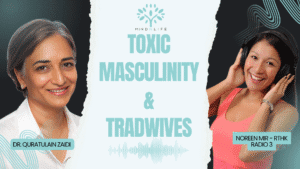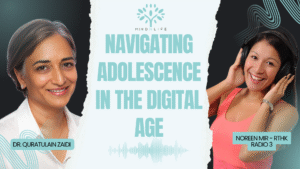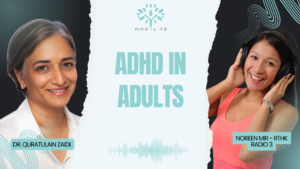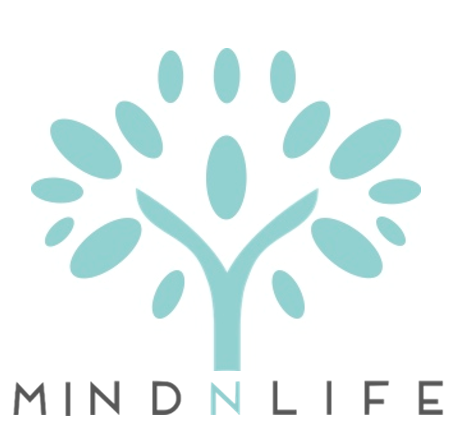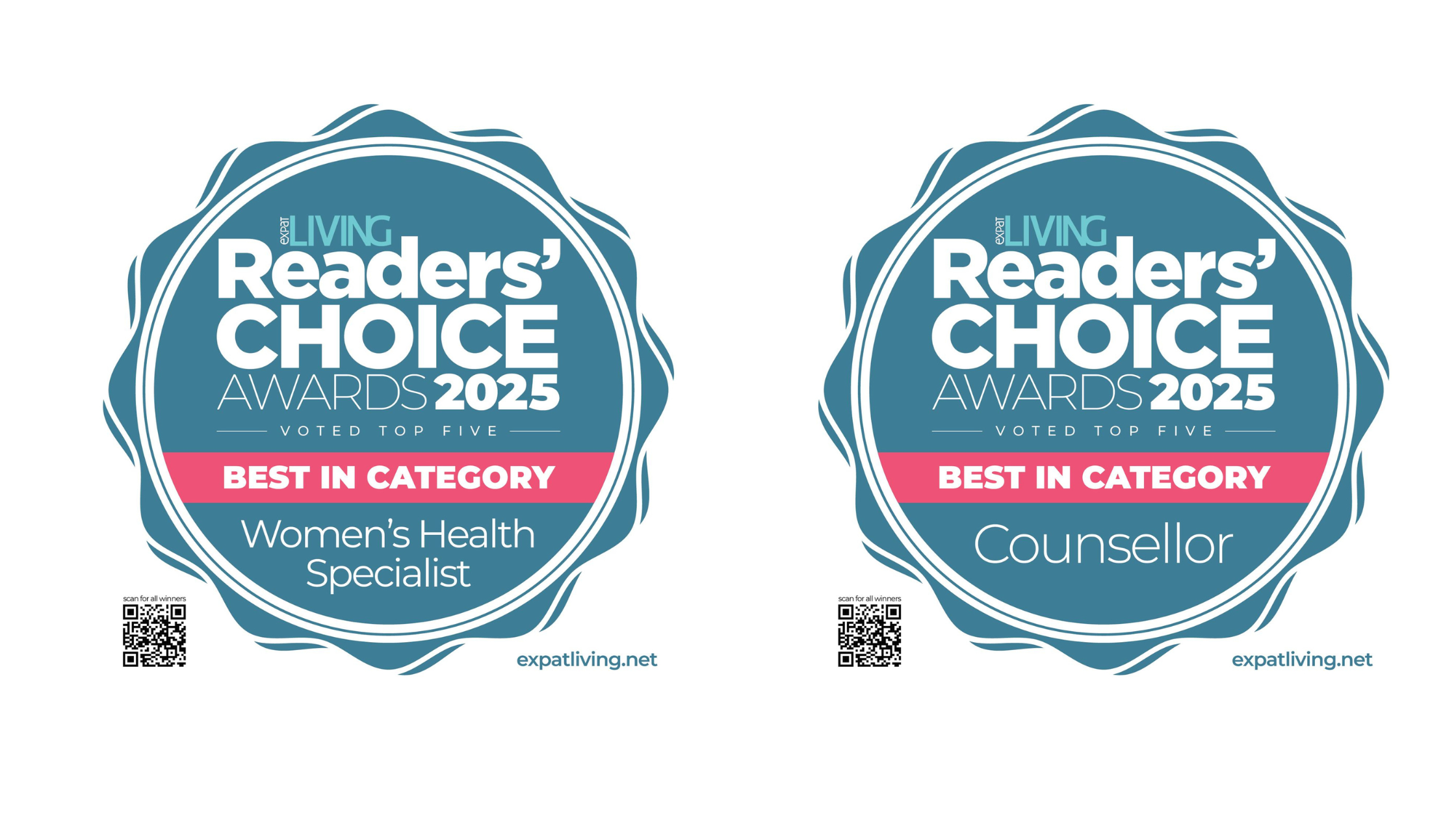Why guilt and shame may arise following the loss of a loved one, and how to navigate these feelings in a healthy way.
Death is so ultimate and terminal, and relationships are so complex – we may experience many conflicting emotions after losing a loved one. Guilt in the mourning process is unfortunately the rule, rather than the exception. We feel guilty for all the things we could or should have done, could not or should not have done, and did or did not do.
Guilt is not always rational and can attach to things we did not have control over or that would have made no difference. It can be an effect of knowing that now that our loved one has died, we will have no opportunity to repair, amend, or act differently in the future. The ultimate end takes away any chance for change – whether or not change was needed.
Guilt may come up if we did do something hurtful or damaging to our deceased loved one. Guilt may come up if we feel like we did something wrong, but in reality made the best decision we could at the time. Guilt may come up as a way to take control over the loss and have someone to blame to counteract the realization that the world can be unsafe, unpredictable, unfair, and bad things can happen to us.
Guilt can be gut-wrenching and filled with self-blame and self-loathing. How can we process this guilt in a healthy way and heal from grief?
Validate your guilt – Like any other feeling, guilt is valid and it’s okay to feel that way. We don’t have control over our feelings, only over how we react to them and how we manage them. It’s perfectly fine to feel guilty, and our guilt deserves to be acknowledged rather than dismissed. Identify how guilt feels physically and observe it for a while.
Analyse your guilt – This can be done as a reflection or a journaling piece. What triggers your guilt? What makes it more intense? What are some intrusive thoughts that seem to get stuck? Is the guilt warranted – we have done something wrong – or unwarranted – we feel guilty about something we had no control over, something that we already made amends for, or something that was not wrong? What past experiences have contributed to the guilt? What is the belief at the core of the guilt?
What counteracts your guilt? When we feel guilty, we tend to hyper-focus on our potential wrongdoing, while disregarding things that we have done right or that had a positive impact on our relationship with the deceased person. In order to achieve a more balanced view, it is important to identify the positives and reflect on our overall connection and actions.
Self-forgiveness We all mess up from time to time. We all have the potential to act in ways that hurt someone else or were destructive. It matters how we deal with this, make amends, what intentions we have in the future and that keep growing as a person. Reflect on what was driving past actions, and how you can choose to act differently in the future, even if you cannot repair things with the person who died. This includes examining how you see yourself as a result of these past actions, and how you can find a new meaningful perspective toward yourself in the future.
Take action Use your guilt to take action. Whether our guilt is warranted or not, it can be helpful to take action that makes us feel more in control and that we are creating something meaningful from our painful experience. This can include celebrating the deceased with others, volunteering to help those in need of support, developing a new skill, or finding purposeful ways of connecting with the loved one we lost.
Article written by Dr Esslin Terrighena
If you have experienced loss and would like some guidance through the grieving process, please book a consultation by calling (852) 2521 4668 or email [email protected].


